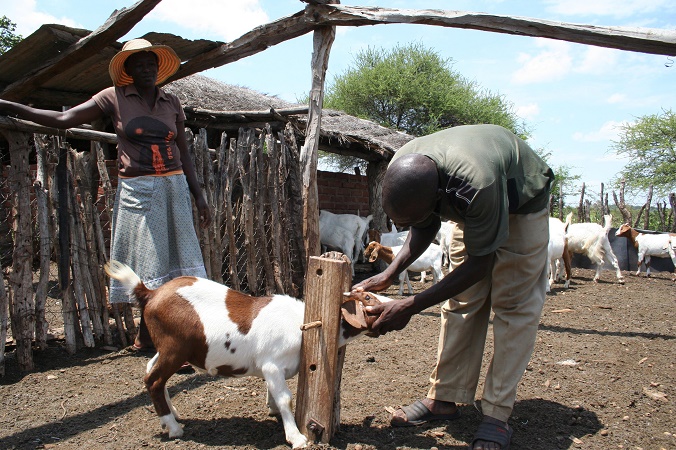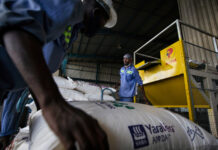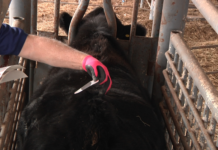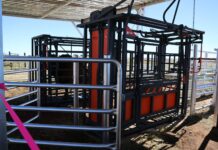Nqobile Bhebhe ,Zimbabwe, Africa
Goat farming at a commercial scale is gaining traction in Zimbabwe with farmers now investing in importing improved goat varieties as part of national efforts to increase the goat population.
Goats can survive on shrubs and need less manpower for tending to, making them a better choice than high-maintenance cattle which are less tolerant of drought conditions.
Local players estimate that at least 97 percent of the national goat herd is owned by smallholder farmers who rarely breed the goats for commercial purposes despite the fact that the country has potential to export goat products.
A farming concern, Kadram Boer Goats recently took delivery of 120 Boer and Red Kalahari goats from South Africa.
“These 120 are just the beginning. Another lot is coming at the end of the month” said Kadram owner, Crispen Kadiramwando as quoted by the media.
“We are targeting the importation of 1000 goats, 1 000 sheep and 500 cattle by August this year,”
According to Kadiramwando, who is the president of Goat Breeders Association of Zimbabwe, the batch consisted of rams and bucks.
Communal farmers would be allocated 90 while 30 to commercial farmers.
Going forward, Kadiramwando said the target is for the goat industry to double in population by 2022 and for the size and the quality of the goats to improve.
“To meet this target, the industry needs an investment of at least $1,2 billion over the next five years which is spread into capital (goat injection through breeding stock and semen imports), infrastructure (pens, deep tanks, fencing, paddocks etc), production management (dipping, tagging, castration, de-worming etc)”.
Markets for goat meat have been identified in Angola, Kuwait, the United Arab Emirates and Indonesia.
Local suppliers have struggled to meet local demand for commercial goat meat with retailers not eager to engage peasant farmers thus making a strong case for commercial rearing.
The country needs to export meat from at least 1 500 goats per week to meet the demand in United Arab Emirates, Uganda and Angola with Angola alone requiring 25 tonnes per week.
The export price of goat meat ranges from $9 to $10 per kilogramme.
On average a Boer goat fetches from around $250 to $350, with a buck going for as high as US$600, making it a compelling investment route for a commercial farmer.
Cold Storage Company (CSC), a meat processing and distribution parastatal, and ZimTrade, the national export promotion agency launched a training programme in Zimbabwe aimed at educating farmers on boosting goat production for exports.
Experts say that goat meat could be an option for the resuscitation of the meat export business in Zimbabwe in the wake of the suspension of the country’s beef exports due to the outbreak of foot-and-mouth disease (FMD).
The country’s beef industry has been struggling for over a decade, since the European Union (EU) banned meat imports from Zimbabwe due to FMD outbreaks and has not recovered ever since.
EU banned Zimbabwean beef exports in August 2001 after a foot-and-mouth disease outbreak.









